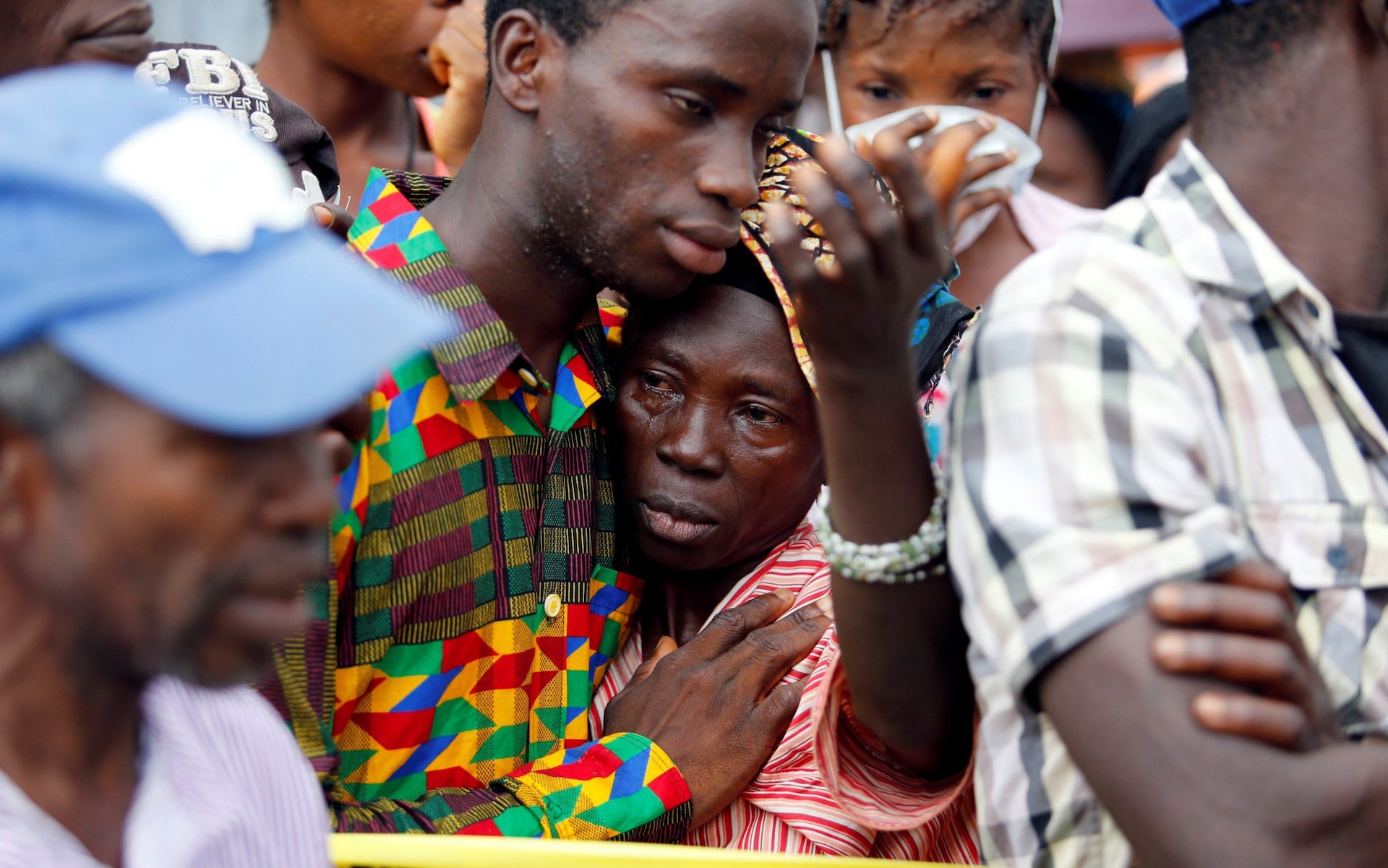
Deadly violence broke out around Sierra Leone’s main opposition party headquarters on Wednesday (21 June), just three days before a general election, in which incumbent President Julius Maada Bio is seeking a second and final term.
At least one supporter of the opposition All People’s Congress (APC) was killed by the police, a spokesperson for the APC said, adding that “we had asked our supporters to converge at our party headquarters. When they started coming the police advanced and tried to disperse them.” There have been concerns of unrest in the run-up to the poll, similar to deadly anti-government protests about soaring costs of living that broke out in Freetown and several northern towns in August 2022. But in a Tuesday (20 June) address to the nation, President Bio had pledged to act decisively against any violence.
The Saturday (24 June) vote is the fifth since the end of Sierra Leone’s civil war in 2002 and held amid high unemployment and inflation, as well as growing violent rhetoric. President Julius Maada Bio is seeking a second and final term amid frustrations over economic hardship — massive unemployment, high levels of inflation and a depreciating currency. Drawing on recently collected Afrobarometer data, researchers have offered insights into how Sierra Leoneans view democracy and government performance, and what the key election issues are. According to a latest report published by The Conversation, there seems to be widespread agreement, across age, that economic management, food shortages, health services, infrastructure and education are the most pressing issues, while corruption is not a major issue, relatively, for most Sierra Leoneans.
